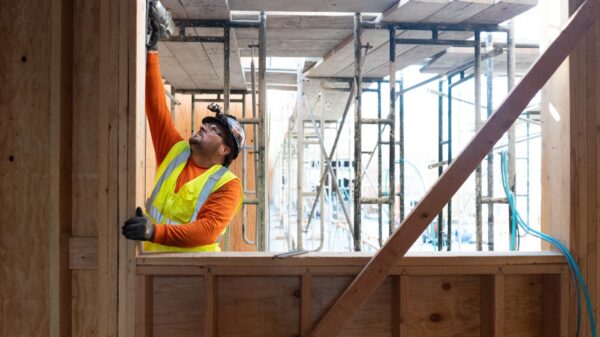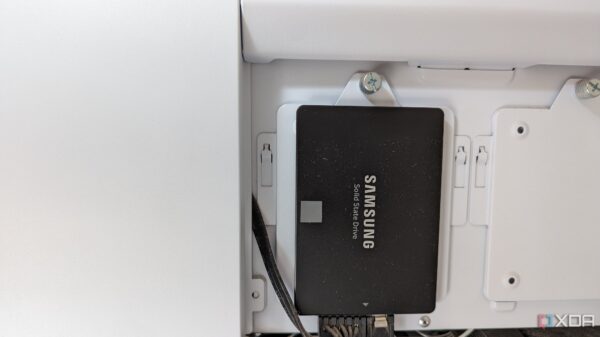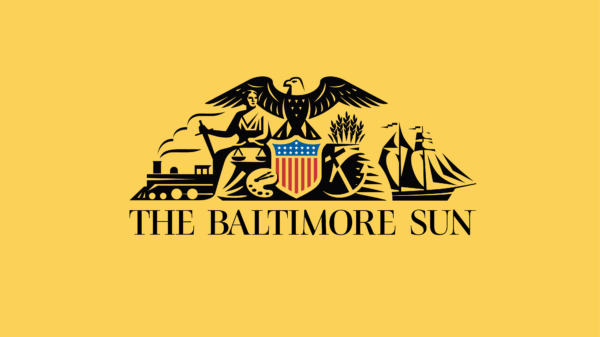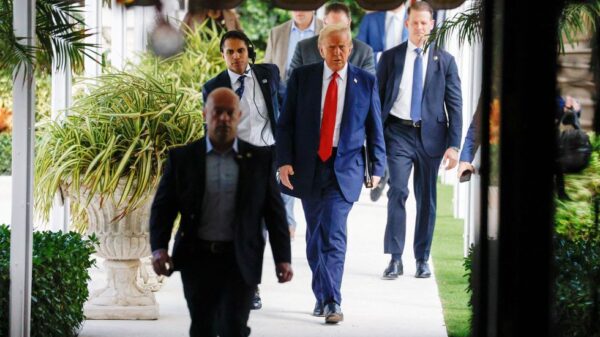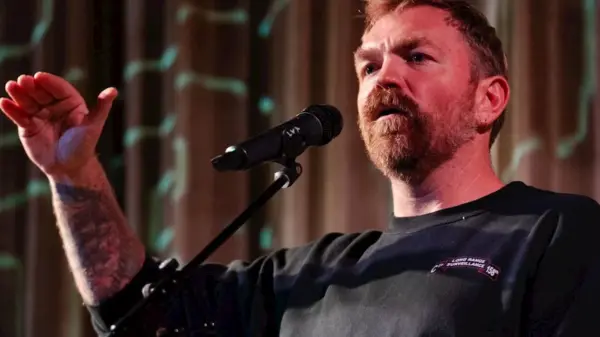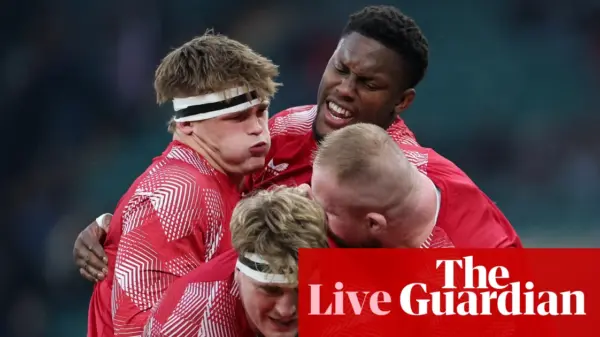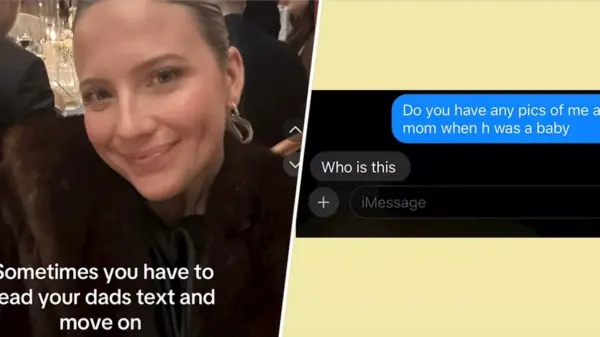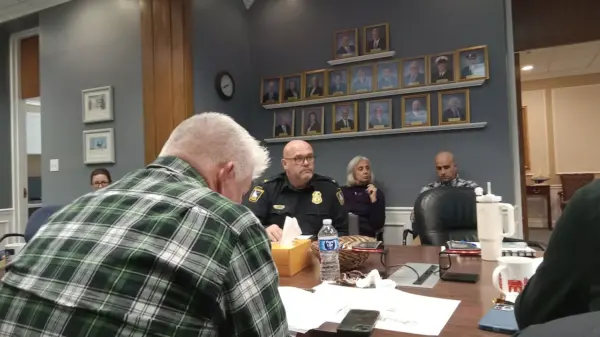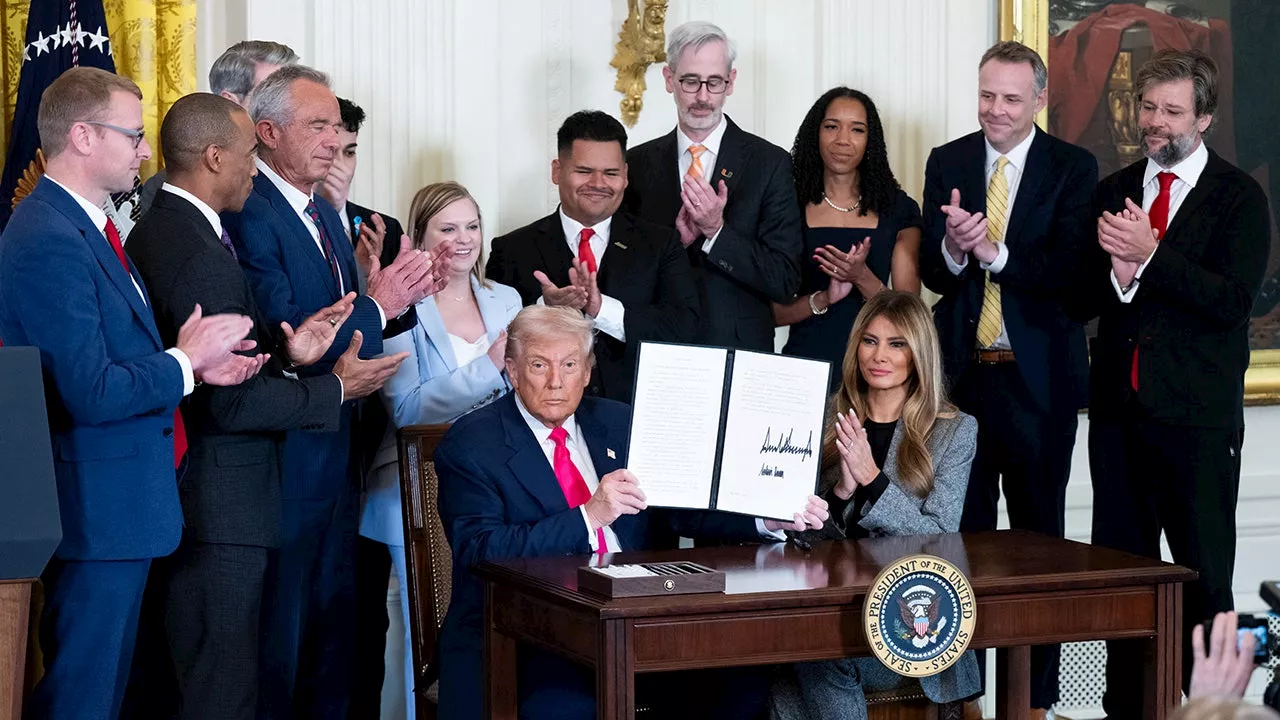President Donald Trump signed an executive order on March 12, 2020, aimed at enhancing support for youth transitioning out of foster care. The initiative, titled Fostering the Future, seeks to create educational and employment pathways for these individuals, addressing the urgent need for stability and job security.
The executive order establishes a framework for partnerships among government agencies, private industry, nonprofit organizations, and academic institutions. By fostering collaboration, it aims to provide essential resources, including scholarships, to assist youth in securing stable futures. This initiative is a significant extension of First Lady Melania Trump’s Be Best initiative, which emphasizes the importance of social, emotional, and physical health for children.
In her remarks, Melania Trump expressed gratitude for her husband’s commitment to foster care. She stated, “Too many people from the foster care community end up homeless and in danger on America’s streets.” She highlighted the necessity of creating a platform that offers individuals in foster care opportunities for financial independence through entry-level job placements.
Statistics underscore the gravity of the situation. According to the U.S. Department of Education, approximately 400,000 children are in foster care across the United States at any given time, with around 20,000 aging out of the system each year. The National Foster Youth Institute reports that only 50 percent of foster children complete high school, and a mere 3 percent obtain a college degree. Alarmingly, 20 percent of former foster children face homelessness after aging out of the system, and only half can secure gainful employment by the age of 24.
Trump emphasized the need for systemic change, stating, “I’m delighted to sign a historic executive order building on the Fostering the Future initiative to make America’s foster care system better, fairer, and more effective than ever before.” He credited Melania for her dedication and vision for America’s youth, indicating that the program is designed to provide scholarships that enable children in foster care to pursue education in supportive environments.
The Fostering the Future initiative will also establish an online platform tailored for current and former foster youth. This platform aims to help them develop customized plans for self-sufficiency and connection to critical resources, including computer science education, essential for entering the workforce and achieving financial independence.
By addressing the challenges faced by youth in foster care, the executive order represents a critical step toward ensuring that these individuals have the tools and support they need to build successful futures.


